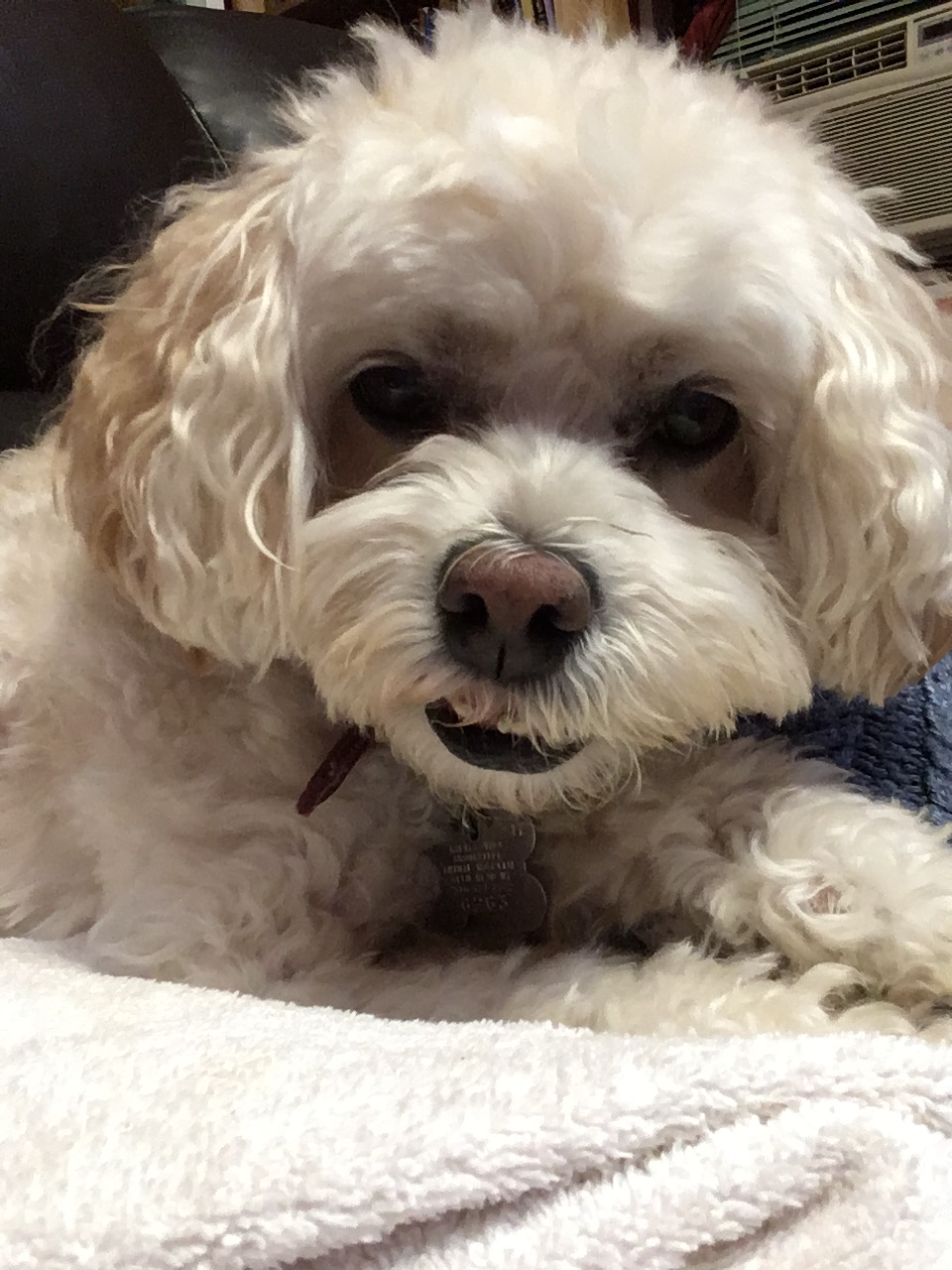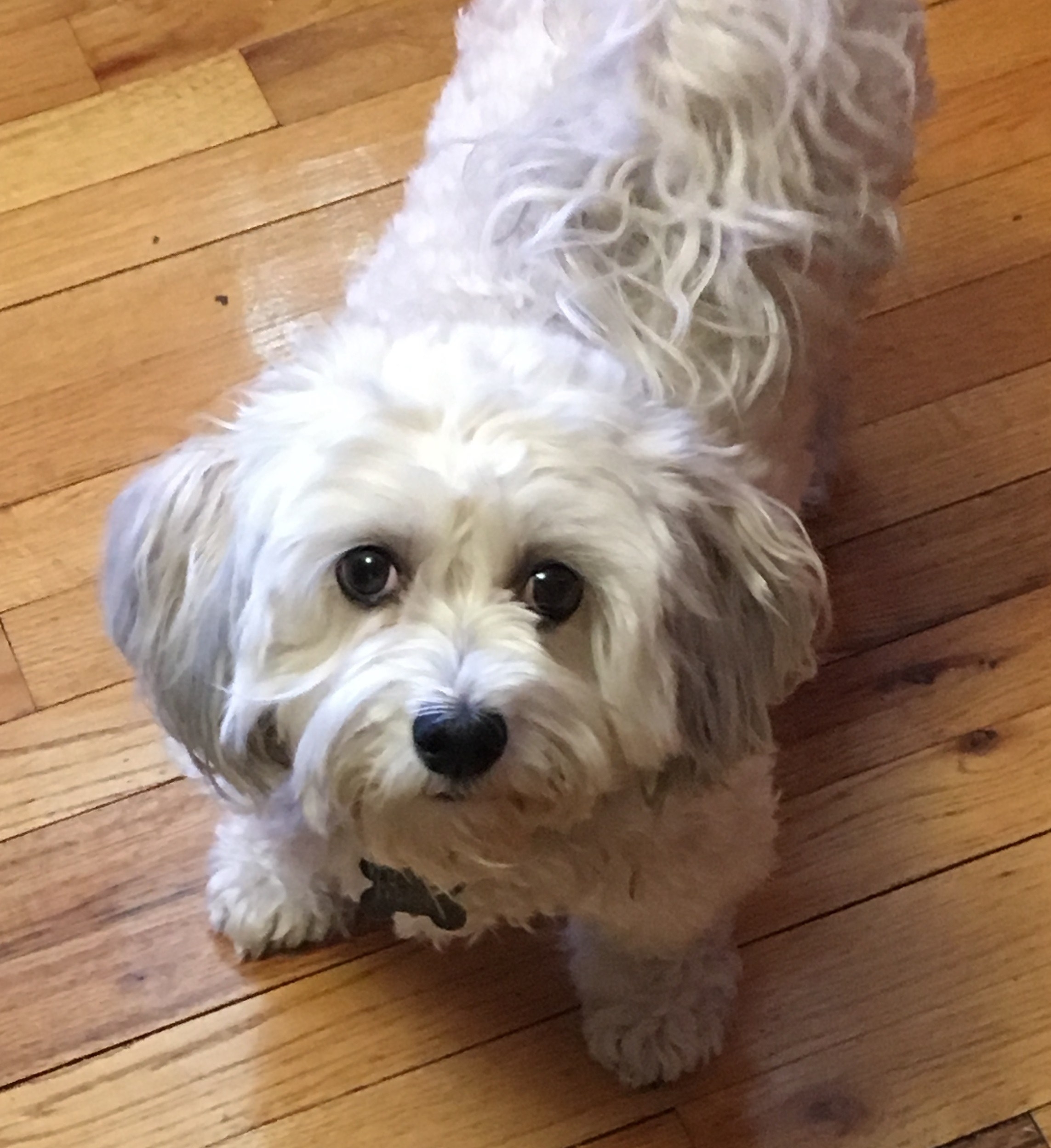I can’t wrap my mind around 100,000 American deaths (and over 350,000 worldwide), numbers we’ll see in the rearview mirror by the time I post this to the blog. I try to picture some of the victims: the teachers who died early on, because we didn’t want to close schools too soon; the doctors and nurses and EMTs and health aides and janitors and nursing home workers; the transit workers and police officers and grocery store workers; the thousands and thousands of nursing home residents; workers at meat packing plants; the people living in situations where there’s no space for social distancing; the multiple members of the same families that died within weeks of each other; the residents of Native American reservations, and on and on.
I can’t keep up with the numbers and the names; even the small percentage of the names that end up on TV or Facebook are overwhelming. I can’t make sense of so much death. It’s incomprehensible, and it keeps going on. I can’t even comment on the murder of George Floyd in Minnesota. I watched ten seconds of the video and had to stop, because I couldn’t breathe.
And here I am, safe at home, and grateful to be home, but feeling guilty that my life isn’t harder, or at least more productive. If I don’t have to work in a grocery store or a hospital, then I should at least become fluent in five languages, or drown in middle class angst by way of multiple depressing documentaries about racism and poverty. Right?

Despite the guilt, though, I persist in being me. And I still can’t seem to work on my writing. I’m obsessed with revising my synagogue school lesson plans for next fall, and checking Facebook for clues to all of the things I’m supposed to be doing but can’t quite put my finger on.
I can’t tell if my tendency towards this kind of guilt is getting worse during the shutdown, or if it is just more obvious because there’s nothing to keep my mind off of it. I don’t know who I’m supposed to be, in life in general, let alone during a pandemic. I can only do what I can do, and since the two free streaming services I get through my library (Hoopla and Kanopy) upped their views-per-month to ten each for the shutdown, I am even more determined to watch all of the movies that are supposed to be good for me: like documentaries, and foreign films, and anything about the Holocaust or the Israeli-Palestinian situation. Fun!

So, of course, I immediately gave up on the good-for-me plan and chose a documentary about roller skaters in Venice, California, in the seventies and eighties. I loved going roller skating as a kid, and I love anything like dance, but the documentary ended up being a screed on one of my favorite silly movies from my teens: Roller Boogie, starring Linda Blair. It turns out that the Venice Beach skating scene that was, sort of, portrayed in Roller Boogie, as largely made up of white people, was, in real life, made up of people of color who faced a lot of discrimination and sought out roller skating as an escape. The documentary forced me to look at the fact that Roller Boogie probably couldn’t have been made at that time (1979) if it had starred people of color. So, what I thought of as a light, romantic, happy, summer movie was actually built on real lives that were much more difficult and complicated than I could have imagined.
I kept ignoring my directive to watch the good-for-me movies, but the movies I escaped to for fun kept opening up pits of despair. I watched a documentary about the Kutcher’s resort in the Catskills, one of the last Kosher hotels of the borscht belt, and the inspiration for Dirty Dancing, but it turned out to be an elegy about the slow death of a Jewish way of life; and then there was the English movie that was supposed to be a romantic comedy, about a man whose job was to seek out family members and friends of the dead who die alone. It was supposed to be a feel-good movie about how he discovers a whole new world when he meets the daughter of his latest “client,” except that it really, really, didn’t end well.

Clearly, my attempts to escape my educational project were not working, so I redoubled my resolve and went back to the list of foreign language, stretch-your-horizons movies. There were a bunch of Israeli movies that I had to give up on halfway through because of unspeakably insensitive male characters that challenged even my dogged determination to practice Hebrew; but then, Thank God, there was a really lovely Israeli romantic comedy called The Wedding Plan, about a woman who breaks up with her fiancé and decides to keep her wedding day anyway, in the hopes that a husband will magically show up in time; and then there was a documentary about Israeli Cuisine and all of the different cultures represented by the food people eat in Israel. The film crew traveled to different regions of the country to sample Palestinian and Lebanese and Moroccan and Eastern European dishes, showing the scenery along the way, which almost made me feel like I was there.

I took a short break from the educational project to watch an English romantic comedy about a woman who inherits her grandmother’s pug, after which, he, of course, changes her life for the better; and then there was a movie about a Latina who becomes a sushi chef; and then a sweet little romantic fantasy about a garden in London. And then I felt brave enough to risk watching a very dark Swedish movie called Astrid, about the woman who wrote Pippi Longstocking; and then a documentary about refugees from Darfur who were persecuted in Egypt and escaped across the border to Israel with mixed results; and a docudrama about four Jewish teenagers who hid in Berlin during the Holocaust. There was also a documentary about the early Jewish stars of Bollywood, and a series of movies in German, about a female Jewish police detective from Berlin who moves to Tel Aviv, but I’m not sure if those were on the educational list or the fun list, because I couldn’t really tell the difference anymore.

I’m pretty sure I watched more movies that I’ve blocked out, and I feel guilty, of course, for being only a few episodes into a Great Courses series called The Holy Land, about the archeology and history of the place we call Israel today. It all sounds exhausting when I put it in a list, but I still feel guilty for all of the good-for-me movies and books and podcasts left unseen, unread and unheard. I feel like I’m still hopelessly behind, and under-educated, and under-enlightened, and nothing I do is the right thing or ever enough. I’m just not sure why I keep feeling this way, or how to change it.
I may have to go look for a movie about that.

If you haven’t had a chance yet, please check out my Young Adult novel, Yeshiva Girl, on Amazon. And if you feel called to write a review of the book, on Amazon, or anywhere else, I’d be honored.
Yeshiva Girl is about a Jewish teenager on Long Island, named Isabel, though her father calls her Jezebel. Her father has been accused of inappropriate sexual behavior with one of his students, which he denies, but Izzy implicitly believes it’s true. As a result of his problems, her father sends her to a co-ed Orthodox yeshiva for tenth grade, out of the blue, and Izzy and her mother can’t figure out how to prevent it. At Yeshiva, though, Izzy finds that religious people are much more complicated than she had expected. Some, like her father, may use religion as a place to hide, but others search for and find comfort, and community, and even enlightenment. The question is, what will Izzy find?




















